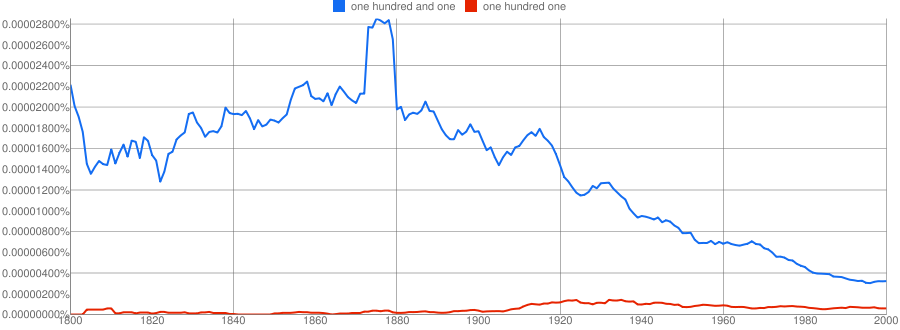"One hundred and thirty-five" is perfectly correct, although the "and" tends to be removed in American English. It makes sense mathematically, since "and" is synonymous with "plus" -— two apples and three apples makes five apples. One hundred, and thirty-five, makes 135.
The "and" is particularly useful when articulating a series of numbers. "One hundred one, one hundred two" could easily be misheard as "one hundred, one, one hundred, two" whereas using "one hundred and one, one hundred and two" removes that ambiguity.
Ultimately though it depends on location and culture. In the UK the "and" is always used; in the US there are a mixture of usages.
Looking at this ngram, it seems that skipping the "and" has only gained popularity over the last hundred years or so but using the "and" is still far more prevalent:

